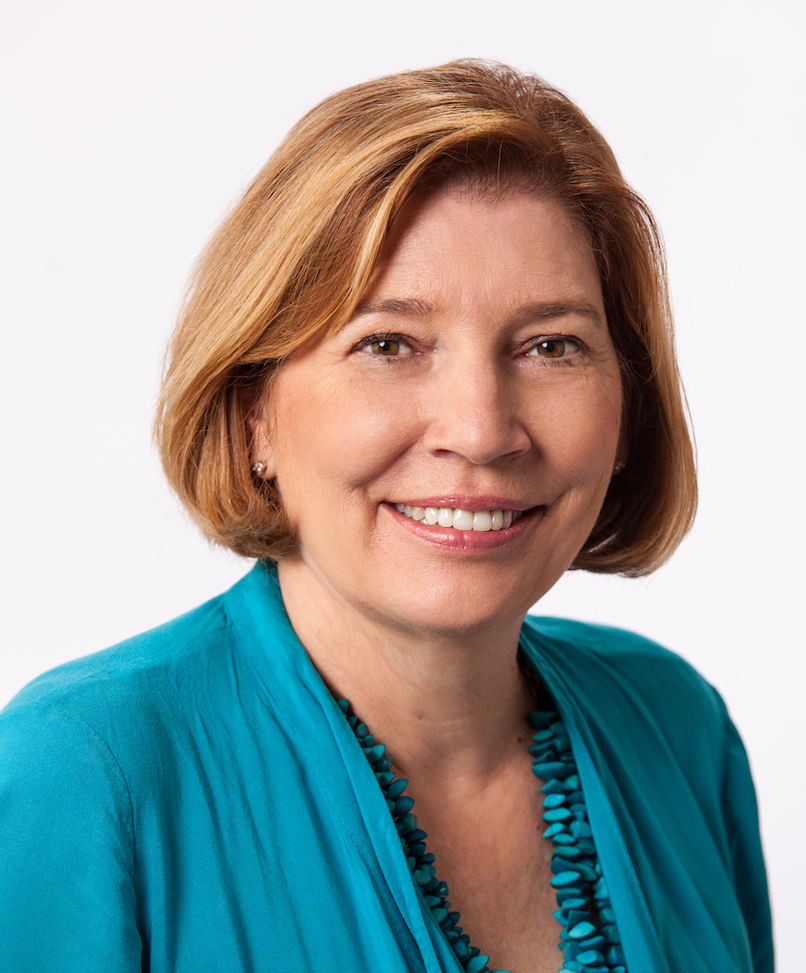
Over the past decade, mental health issues such as anxiety and depression have worsened on college campuses. Some 73% of students dealing with these issues have experienced a mental health crisis on campus. When suffering from such an illness, a student’s academic performance and quality of life are at risk.
As the number of students seeking on-campus therapy continues to rise, many college counseling centers cannot keep up with the demand. The counselor-to-student ratio is resulting in a growing waitlist, and making a student wait to receive help can be detrimental. Increasing staff and hiring more counselors will only temporarily relieve the problem, and students’ mental health treatment will still be limited to their appointment times. It’s imperative that colleges and universities adapt to the demand and provide resources that go beyond traditional counseling.
In addition to the adoption of standard telemedicine solutions—such as Ohio Wesleyan University’s partnership with 98point6 , an on-demand health care app that connects students with primary care physicians via text—and UC Berkeley’s partnership with Teledoc Health, campus counseling centers have been increasingly implementing mobile mental health-focused technology tools.
Help where and when it’s needed
The adoption of these 24/7 on-demand mental health resources has been just as widespread as traditional telemedicine solutions—for good reason. By giving students the mental health resources they need—where and in a way students need them—universities are allowing students to take control of their mental health.
While on-demand mental health tools will not replace traditional therapy, they are expanding the reach of on-campus counseling centers and providing relief to students when anxiety strikes—in the middle of the night or before an exam. On-demand mobile tools can provide everything from someone to talk with to self-help tools, including mindfulness exercises for students to work through that can help them develop more beneficial thinking patterns.
College counseling centers are also using technology to enhance in-person therapy sessions. Counselors can assign supplementary educational modules and progress journals to students via an affiliated app or platform. Counseling centers can also connect with students through secure videoconferencing, which can help nontraditional students who may have had limited access to services in the past.
While on-demand mental health tools will not replace traditional therapy, they are expanding the reach of on-campus counseling centers.
Free screenings
Some college campuses have even implemented free, easily accessible mental health screenings for students. For example, Drexel University in Philadelphia offers a mental health screening kiosk where students answer questions and are recommended resources based on their responses. Similarly, TAO Connect, an online therapy tool used by more than 150 colleges and universities across the United States and Canada, offers interactive daily practice tools.
Read: TeleHELP in higher ed
College students need to be able to bounce back from life’s disappointments and frustrations as fast as possible. Mental health technologies are at the center of the changing face of on-campus therapy and are shifting how counselors provide treatment to students.
The growth and increasing use of these technologies within university and college counseling centers is opening the door for more conversations about behavioral health and making mental health treatment much more accessible to a population that needs it now more than ever.
Sherry Benton is a professor emeritus and the former counseling center director at the University of Florida. She is the founder and chief science officer of TAO Connect.

